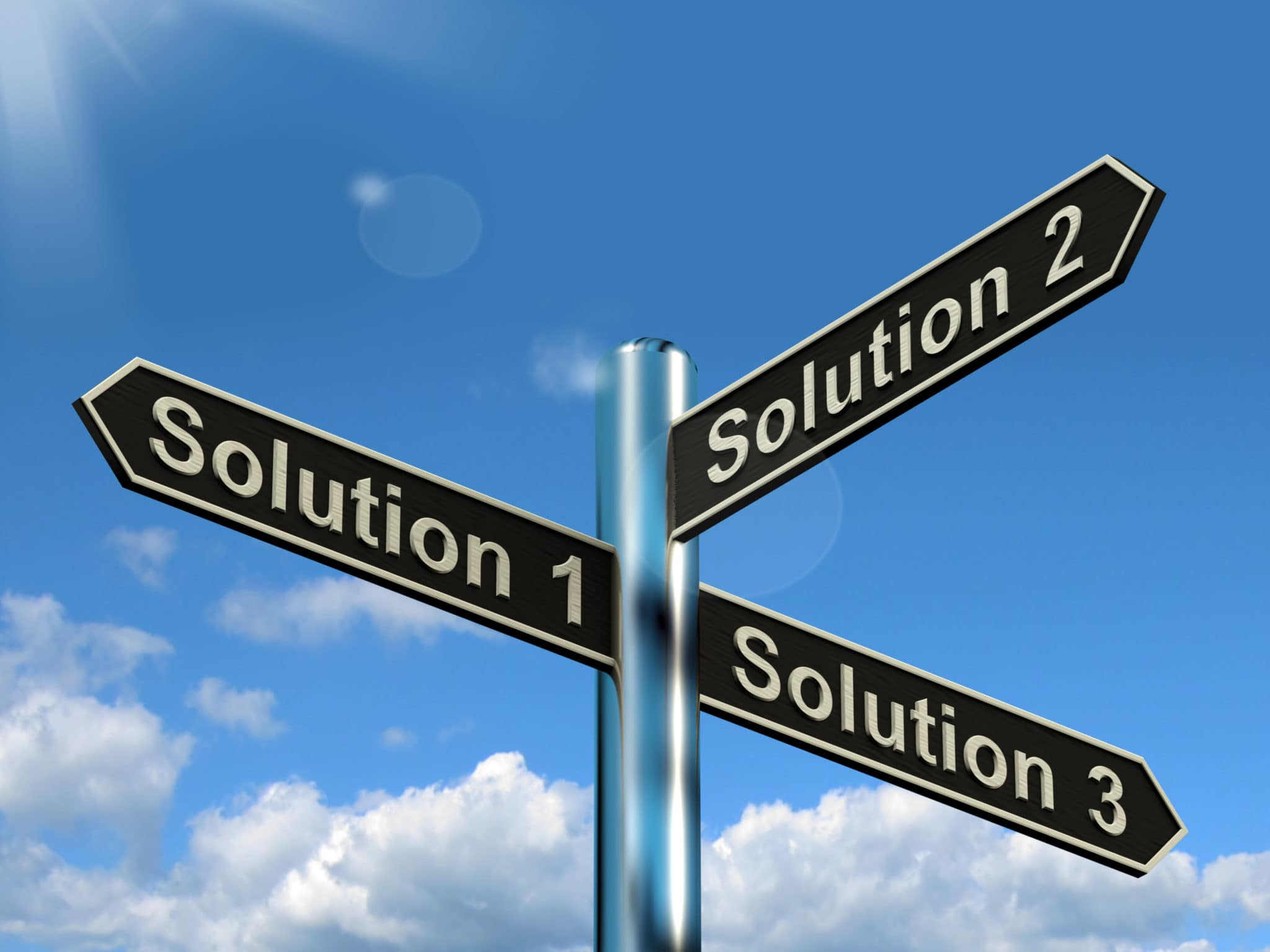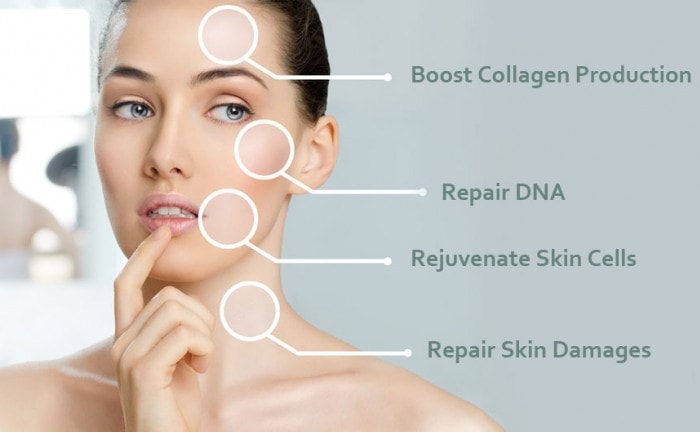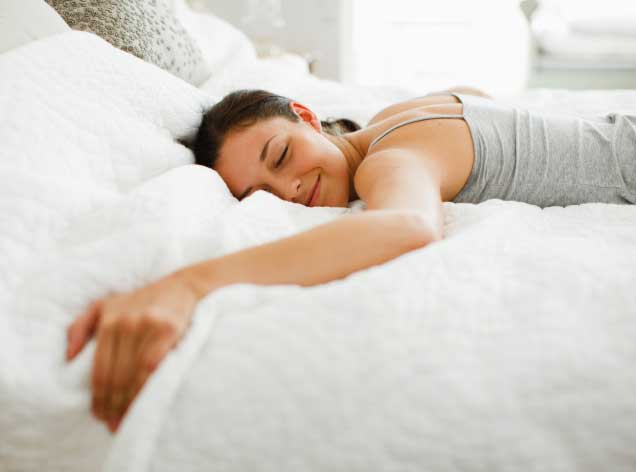Visit or Call Our Sleep Guide Texas Showrooms
Our Texas Showrooms Are Here To Help With All Your Favorite Online Brands! And We Offer Exclusive Coupons To Save More!
Learn MorePlease note, we are proudly supported by our readers. The product links are referral based and if you purchase an item we make a small commission. For more information please see our disclosure page.
Our site uses cookies to improve your experience, continuing on our site means you agree with our cookie policy Read More
I agree

A recent study in the Journal of Sleep Research showed that a nap can allow our minds to recall details that did not reach our consciousness during our wakeful state. Napping allows us to call up those details and integrate them into solutions after we awaken. Children’s naps similarly beneficial. Children who nap regularly are better able to recall things they learned. Since short-term memory stores are limited at that age, younger kids need more frequent sleep. It’s an important part of how their brains hang on to memories.
Our analysis of a problem also improves while we nap. We’ve long known that study, just prior to a night’s sleep, leaves us with better mastery of the subject than if we had studied it earlier in the day. It now, it appears that same enhanced learning is a benefit of naps. Recent research at the University of California found that test performance improved as much after a nap as it did after a full night of sleep.
Daytime dozing, properly timed, improves your thinking when you wake up. A NASA study came up with 26 minutes as the average ideal nap, and that it improved pilot performance 34% and pilot alertness by as much as 100%. So, tell any nap critics you’re not being lazy, you’re implementing better decision making!

Serotonin helps regulate our mood, sleep, and appetites. It produces feelings of contentment and well-being. But when our bodies are stressed, uptake of serotonin by our brains drops, and further serotonin production is halted. As a result, we can become anxious, easily distracted, irritable and depressed. Doctors prescribe antidepressant drugs to raise the levels of serotonin in our brains.
But napping can offer similar serotonin boosts, no prescription necessary. According to Dr Sara Mednick, author of Take a Nap! Change Your Life. “Napping bathes your brain in serotonin, reversing those (depressant) effects and creating a more positive outlook,” she says.

The lesson is that if someone or something ticks you off, take a nap instead of blowing up. After your nap you are very likely to be calmer and better company for those around you. It usually works. People will probably like you better. But even if you are a person who is still annoying after a nap, your nap at least gives your friends and co-workers a nice little break from you.

Naps did correlate with lower coronary disease in women, but men who napped had a 50% lower rate of death from coronary artery disease. 50%! Message to wives: If you want to keep the old man around, encourage naps. But if you’re looking forward to world travel as a widow…
Lack of sleep is a known factor in weight gain. Michael Breus, clinical director of the sleep division for Arrowhead Health in Glendale, AZ explains it succinctly.

Nutritionist, Alannah DiBona confirms those conclusions, and adds another hormone that can become an enemy: cortisol. A nap she says, can work by reducing your cortisol, a “fight or flight” hormone. Cortisol is useful if we’re fleeing a lion, but it’s not good to have it constantly elevated. A high cortisol level increases our cravings for high fat foods, stresses our hearts, and encourages abdominal fat – dreaded “belly fat.” Because napping helps keep cortisol levels low, it helps us control our weight. It sounds counter-intuitive, but your naps can help keep you thin.

Among many additional benefits, growth hormone is important to sexual function and it helps minimize cortisol-induced stress and anxiety. In terms of regeneration and reinvigoration, you can look at a midday nap as a growth hormone “booster shot” between nighttime sleeps.
The answer is that most naps do not interfere with nighttime sleep. One study of seniors concluded that a 30-minute nap in early afternoon, combined with an evening walk, can improve nighttime sleep. The exception may be late-in-the-day naps. That’s why sleep experts, including those from The Mayo Clinic, usually recommend napping shortly after lunch, rather than after dinner for the best benefits of naps.

You couldn’t ride a two-wheel bike the first time either. It takes practice. Just find the quietest and most comfortable place available and lie down. Set a timer, so you don’t have to fret that you’re going to oversleep. Some white noise helps too – a fan or furnace or air conditioner.
Once you’ve mastered the art of falling asleep, you’ll want to experiment with the length of your naps. 10 minutes? 30 minutes? Longer? The trick is to time it so you wake up refreshed, not groggy, especially if you have to get right back into action at your job. Most of us transition into deep sleep somewhere around the 30-minute mark.
Deep sleep is nourishing, but it can be hard to shake yourself out of it. That’s reflected in the NASA estimate of 26 minutes as the average optimum nap length. But we’re all different. Your optimum may be ten minutes or 90 minutes (if you have that much time). Just give a try. You might live longer.
Our Texas Showrooms Are Here To Help With All Your Favorite Online Brands! And We Offer Exclusive Coupons To Save More!
Learn More
